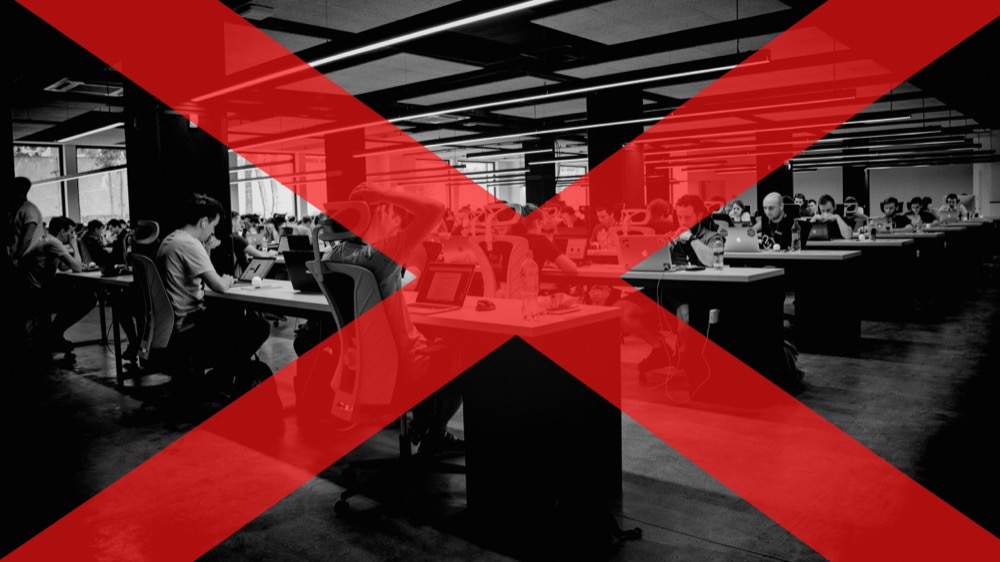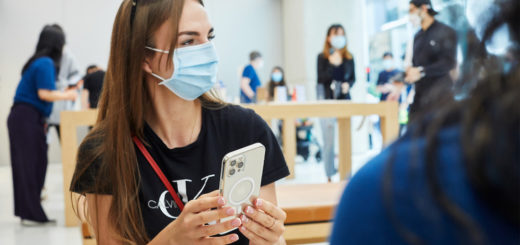Apple has got it wrong, the office is ‘over’, says Airbnb

Apple has a chance to reinvent the workplace. It doesn’t seem to want to take it.
Apple is losing staff as they vote with their feet and join the Great Resignation rather than returning to an office-based culture they no longer see a need for. Apple still won’t listen, even though we all know it has this wrong. Now Airbnb CEO, Brian Chesky, has declared the office “over”.
The office is over, get over it
Apple isn’t alone, of course. Google, Microsoft and everyone else seems to think the best way to make workers work is to stick them in a cubicle and squeeze, but most of us feel that having worked remotely quite happily for two years we’re not at all interested in going back in time.
Airbnb has a different approach.
It has shared its own vision for the future of work, and it seems much more suited to the times we are in – and far more focused around ‘office as a service’.
Key points include:
- Staff can choose to work remotely or in the office.
- There will not be location-based salaries.
- Staff will have regular off-site and team gatherings.
- Company will hold in-person meetings for one week in every quarter to provide chances for teams to bond.
What do we need?
Speaking to Time, Chesky said “the office as we know it is over”. He believes offices need to do something that homes don’t provide.
“So maybe private offices will come back in vogue where people can’t work from home and they need a space and the company will have a space available. But will they need to work around other co-workers? I think you’re going to see a lot of people not even living in the same area; the only place you’ll have to be, for the most part, is the internet,” he said.
Why this makes sense
I think this is a realistic outcome.
I believe high streets in towns everywhere should see a rebirth as entrepreneurs open well-equipped colocation facilities remote workers can use for a day or two’s work.
This will keep casual spending in local areas, and should provide useful economic benefits to otherwise depressed parts of many towns.
Yes, we’ll see those business districts decline, but those aren’t communities – they are empty at weekends. Communities will have a chance to grow and neighborhood polarization will slowly disappear.
“People will still go to offices, but it’ll be for different purposes, for collaboration spaces. And if people go into an office for collaboration, do they need to go to New York City or can they go to a retreat in upstate New York?” says Chesky.
The three-day compromise is flawed and pointless
The Airbnb chief is quite scathing about the three-day week/hybrid working experiments that some companies (including Apple) are attempting to foist on staff.
He doesn’t think those models are hybrid at all, and thinks total flexibility along with regular, but not weekly, gatherings will emerge as the way to go. He also thinks those three days in the office weeks will shrink until they disappear.
All these theories make way more sense to me than the kludgy approach Apple and others are adopting. No one wants to go back to the office, really.
We can invent a new future for work, one which is more flexible, gives staff more autonomy, and helps communities grow and family relationships thrive.
We should seize the opportunity.
Photo by Alex Kotliarskyi on Unsplash
Please follow me on Twitter, or join me in the AppleHolic’s bar & grill and Apple Discussions groups on MeWe.




